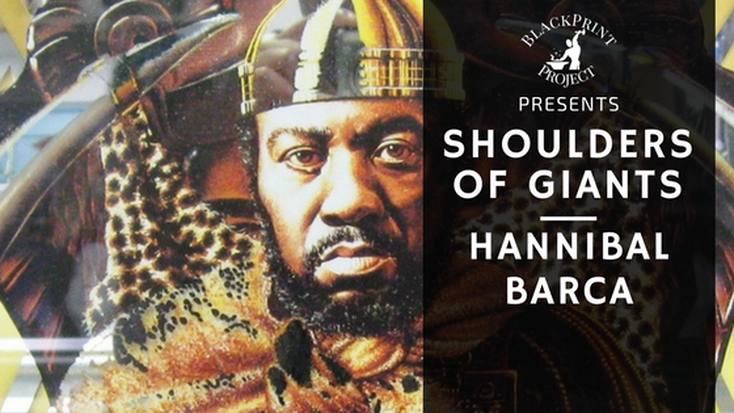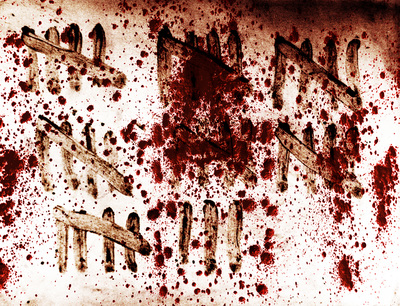|
April 9, 2014
|
From the Inkwell of: Bartholomew J. Worthington III
|
|
Born - 247 BC
Died - 183 BC The man who would be regarded as one of the greatest military minds in history was born into a Carthaginian military family around 247 BC. Carthage was located in northern Africa, in what is now modern day Tunisia. Hannibal's father was a Carthaginian general, Hamilcar Barca (Thunderbolt) who compelled his son to swear undying hatred against the Roman Empire. Upon his father's death, Hannibal become commander of a Carthaginian force at the age of 26, and worked to consolidate his base of power in Iberia, modern day Spain. In 219, BC, Hannibal's attack on the town of Saguntum was used by the Romans as a pretense to declare war on the Carthaginians, sparking the Second Punic War.
Late in the spring of that year, Hannibal would amass a force of over 100,000 troops and almost 40 war elephants and lead them through the Pyrenees toward Rome. His Roman counterpart, Publius Cornelius Scipio, would attempt to intercept him at the Rhone River, but Hannibal had out-paced him and was already en route to the Alps. To this day, Hannibal's Alps crossing remains an amazing military accomplishment. Dealing with horrific weather conditions and treacherous guerrilla-styled attacks from the region's natives, Hannibal would reach the other side after a harrowing 15 days. His force now numbered a fraction of its original size, with a mere 20,000 infrantry, 6,000 cavalry and only 1 surviving elephant. Over the greater part of the next 15 years, Hannibal would battle Roman armies in Italian territory. Hannibal was renowned as a master strategist with the ability to affect the terms of combat so that a conflict was fought to his strengths and his opponents weaknesses. Hannibal would enlist the aid of several of Rome's allies in his campaign and would, at one point, occupy a significant portion of the Italian peninsula, though he could never take Rome itself. Hannibal woudl end his campaign to return home to defend Carthage against a Roman invasion. It was a conflict that he would ultimately lose, due to Scipio's adoption of Hannibal's tactics to defeat the Carthaginian mastermind. After accepting the harsh Roman terms of peach, Hannibal would spend the next several years involved in Carthaginian politics. Rome would become wary of Hannibal's increasing influence and demanded, in 195 BC, that he resign from office. As a result, Hannibal would move to Ephesus (present day Turkey) where, he would lead multiple campaigns against Roman interests and allies. After a failed military campaign against Roman ally, Pergamon, he would take his own life in order to avoid being taken by the enemy in 183 BC. 3 Lessons
"We either find a way, or we make one."
Hannibal Barca
|
Popular Articles
2014 Quotes
|






